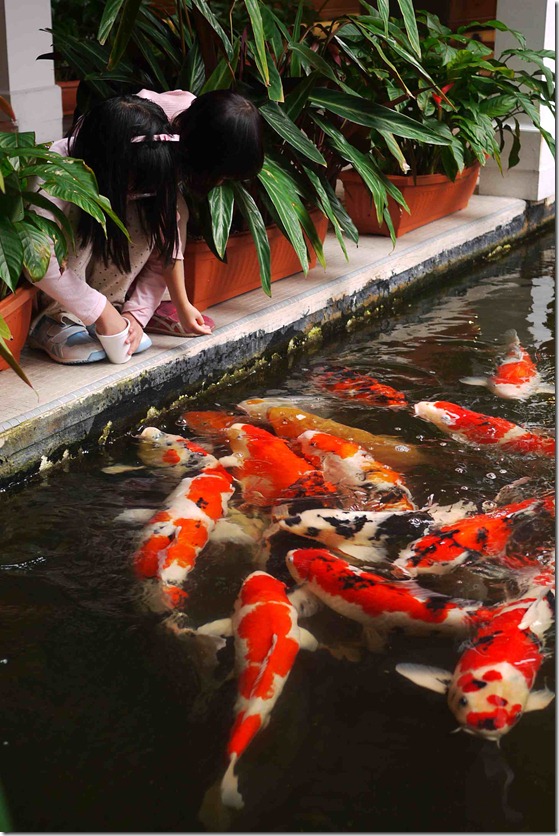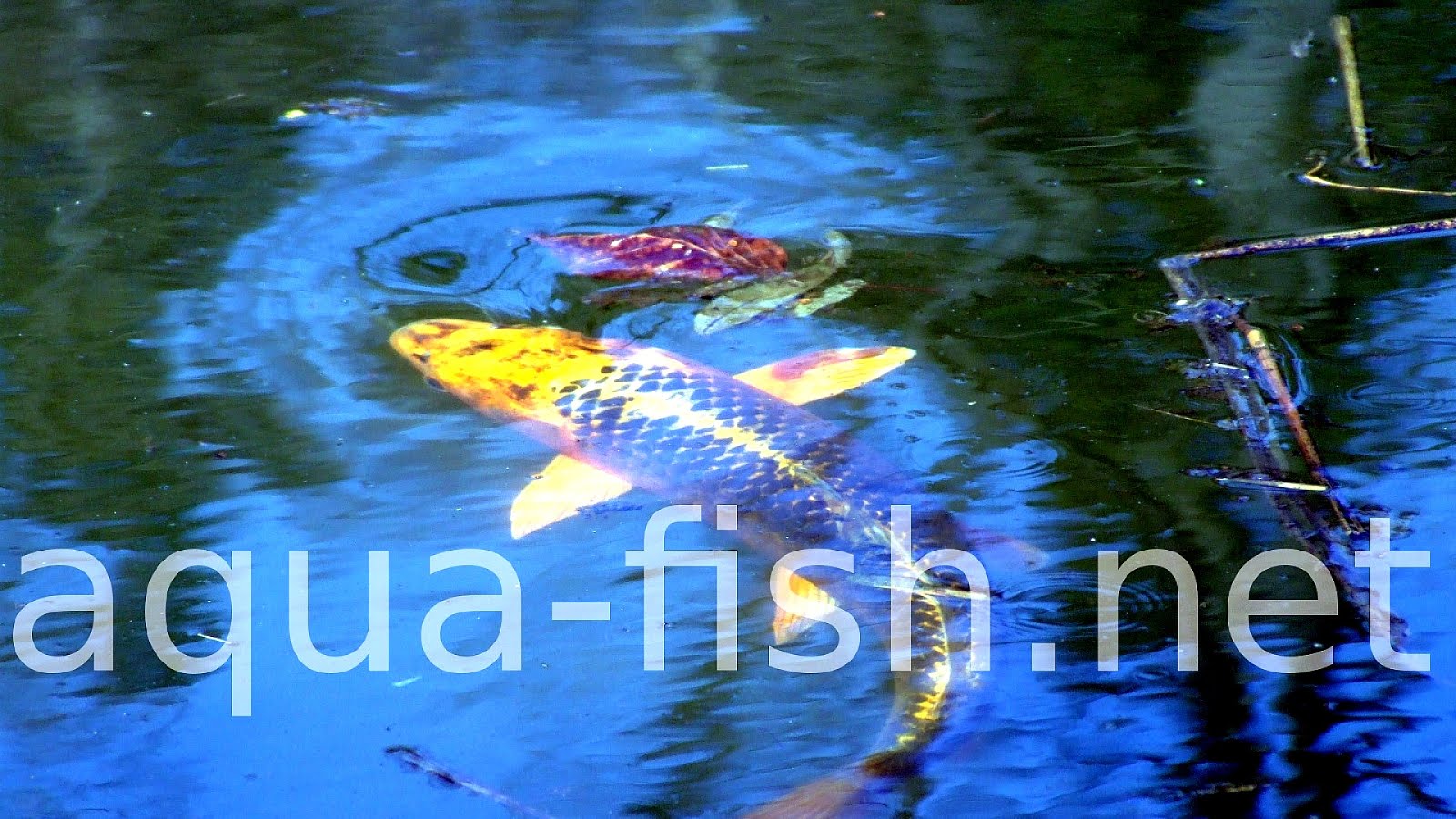
The Complete Guide to Koi Pond Temperature and Feeding: Tips and Tricks
Introduction
If you are an avid koi pond hobbyist, you know that maintaining a healthy and vibrant koi pond is key to getting the most enjoyment out of your aquatic ecosystem. Two essential elements to ensure healthy koi are managing the water temperature and feeding them a balanced, nutritious diet. This article will provide you all the necessary information on koi pond temperature and feeding to keep your koi fish happy and healthy.
Koi Pond Temperature
The temperature of your koi pond is crucial to their well-being. Koi fish are cold-blooded animals, which means that they cannot regulate their body temperature. Therefore, you need to maintain the water temperature within a specific range that suits your koi’s needs and health. Koi thrive in water temperatures ranging between 60°F and 75°F, with a sweet spot of about 70°F to 72°F. At this temperature range, your koi will enjoy optimal health and growth.

However, maintaining this temperature range may be challenging, especially in extreme climates during the summer and winter. To maintain the optimum temperature range, consider investing in a reliable pond heater and/or cooler. A pond heater keeps the water warm during colder months, while a pond cooler will keep the water cool during hot weather.
Feeding Your Koi Fish
Feeding your koi the right type and amount of food is crucial for their growth, development, and overall health. Koi fish are omnivorous, meaning that they eat both plant and animal-based foods. A nutritionally balanced diet is essential for koi to thrive and ward off any potential health problems. Your koi’s diet should consist of protein, carbohydrates, fiber, fats, vitamins, and minerals.

You can feed your koi a variety of foods, including pellets, flakes, freeze-dried foods, and even vegetables like peas, lettuce, and spinach. Each type of food has its nutritional value and benefits, so remember to mix up their diet for a balanced meal. An overfed koi can develop health issues, so you need to monitor the amount of food you feed them daily.
Tips for Feeding Your Koi
- Feed your koi small amounts multiple times a day.
- Remove any uneaten food after feeding to keep the pond clean.
- Use a high-quality koi food that provides all the necessary nutrients.
- Alternate between commercial koi food and fresh fruits and vegetables.
- Avoid overfeeding your koi, as it can lead to health problems like obesity.
Conclusion
In conclusion, maintaining the appropriate koi pond temperature and feeding your koi a well-balanced diet are crucial aspects of raising healthy koi. With proper care, your koi can live for several decades, providing you with endless hours of enjoyment. Additionally, a well-maintained koi pond is an excellent added value to your property.